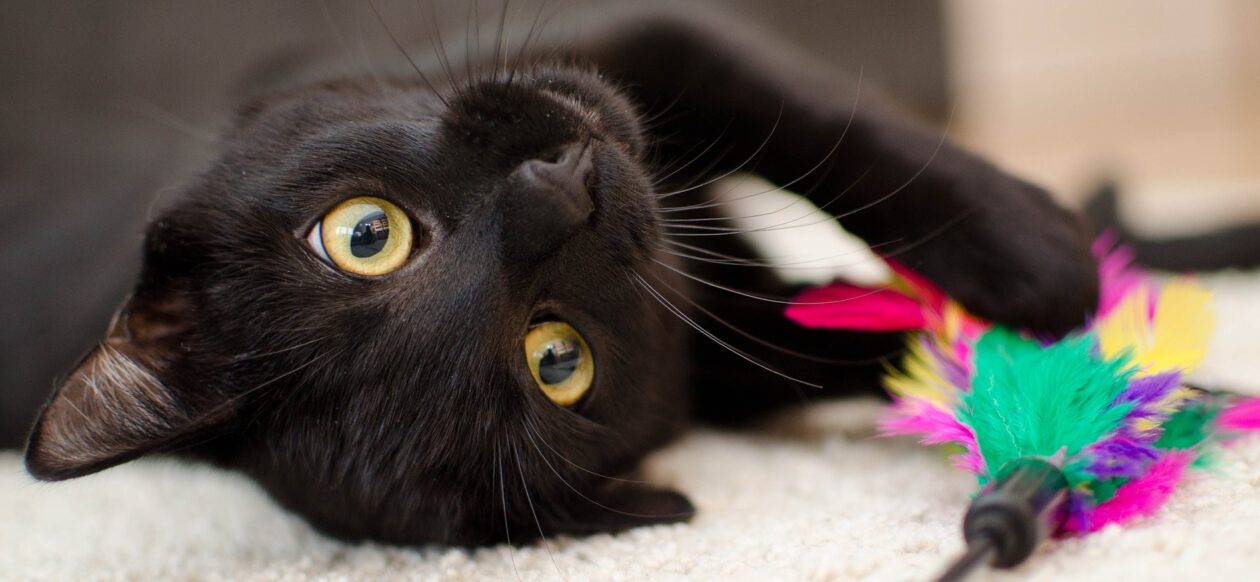How long does cat food last and when is it no longer good any more? There are several different opinions about how long pet food lasts beyond the “Best By” date that should always be printed on canned and dry pet food. In this article, I will try to provide information that is important to understanding the “Best By” dates, and why you want to pay attention to and follow the “Best By” date on your cat food packaging.
“Best By” Dates

First, always check the “Best By” date stamped on both canned and dry cat food when shopping at your local pet food store. It’s usually printed at the bottom of canned food with the month/year and printed on dry food bags on the side toward the bottom of the bag. Continue reading Important Reasons to Follow Cat Food Expiration or Best By Dates







